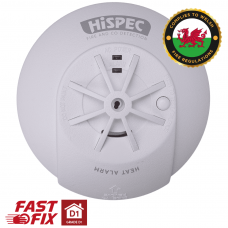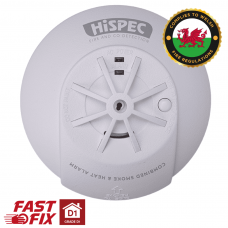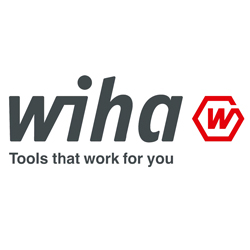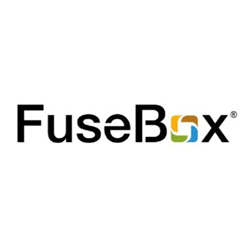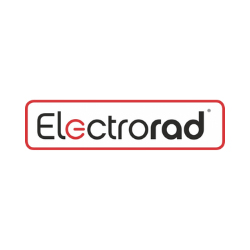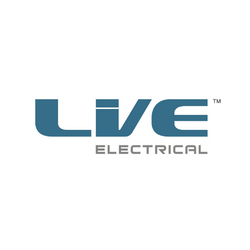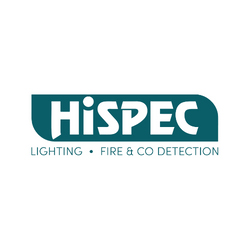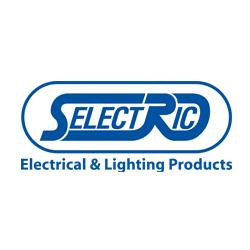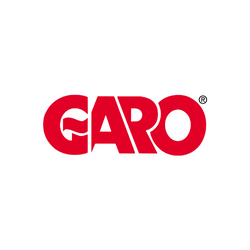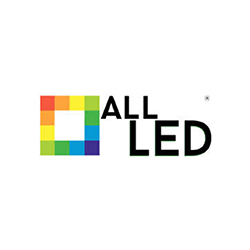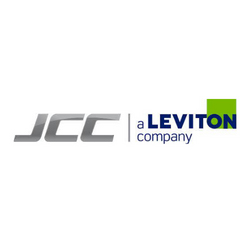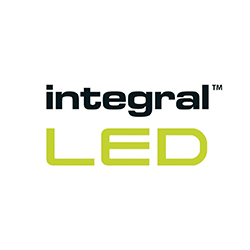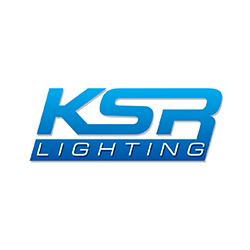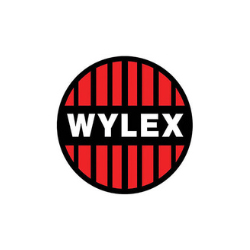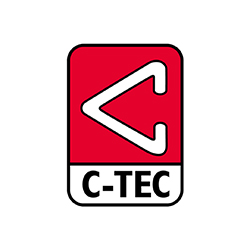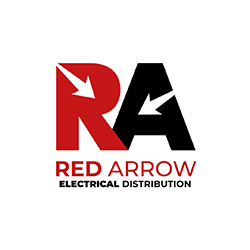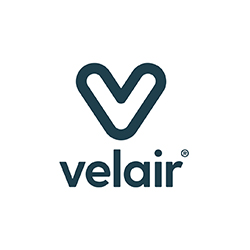Scotland Fire Regulation Changes
Compliance Deadline:
1st February 2022
Ensuring the safety of your home from potential fire hazards is of paramount importance. The Scottish government has recognized this and has made significant changes to the law concerning smoke alarms in homes. Here's what you need to know about the new regulations:
Interlinked Fire Alarms
As of 1 February 2022, every home in Scotland is required to have interlinked fire alarms. This means if one alarm is triggered, all alarms in the house will sound. The primary reason for this is to ensure that even if you're in a different part of the house, you'll be immediately alerted to any potential fire hazards.
Responsibility
If you're a homeowner, it's your duty to ensure that your home adheres to the new fire alarm standards. If you have concerns about how this new legislation might impact your home insurance, it's advised to consult directly with your insurance provider.
Alarm Requirements
- One smoke alarm in the primary living area.
- A smoke alarm in every circulation space on each storey, such as hallways and landings.
- A heat alarm in the kitchen.
- All these alarms should be ceiling-mounted and interlinked.
- Homes with carbon-fuelled appliances (excluding gas cookers and hobs) must also have a carbon monoxide detector, which doesn't need to be linked to the fire alarms.
Types of Alarms
Here are two main types of interlinked fire alarms that comply with the new regulations:
- Sealed Battery Alarms: These come with tamper-proof long-life batteries that can last up to 10 years. They can be installed without professional help.
- Mains-wired Alarms: Generally more affordable than the sealed battery alarms, they should be set up by a qualified electrician and replaced every decade. Both alarm types are interlinked via radio frequency, eliminating the need for WiFi.
Cost and Selection
The estimated cost for an interlinked system with sealed long-life battery alarms in a two-storey house is approximately £220 if you install the alarms yourself. When purchasing, it's recommended to:
- Opt for a well-known brand.
- Buy from a reputable retailer.
- Read online reviews
- Ensure each alarm meets the specified standards: Smoke alarms (BS EN14604:2005), Heat alarms (BS 5446-2:2003), and Carbon monoxide detectors (British Kitemark EN 50291-1).
Disposal of Old Alarms
Most smoke and heat alarms can be recycled either at home or at any recycling centre.
Specialist Alarms
If you have specialist alarms, such as those for the deaf or Telecare systems, they should be installed in addition to the standard alarms.
Act Now for Your Safety!
Your safety and that of your loved ones is invaluable. Don't delay in ensuring your home meets the new fire safety standards. If you're looking to purchase approved smoke alarms, look no further than Express Electrical. Their range of alarms not only meets the required standards but also offers peace of mind.

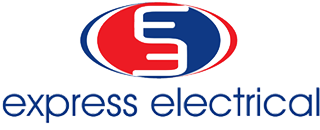
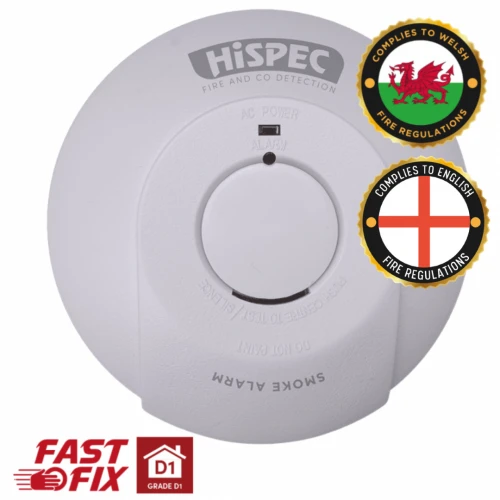
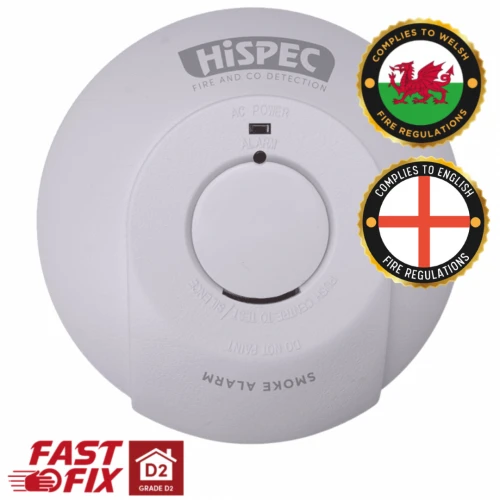
-500x500.webp)
